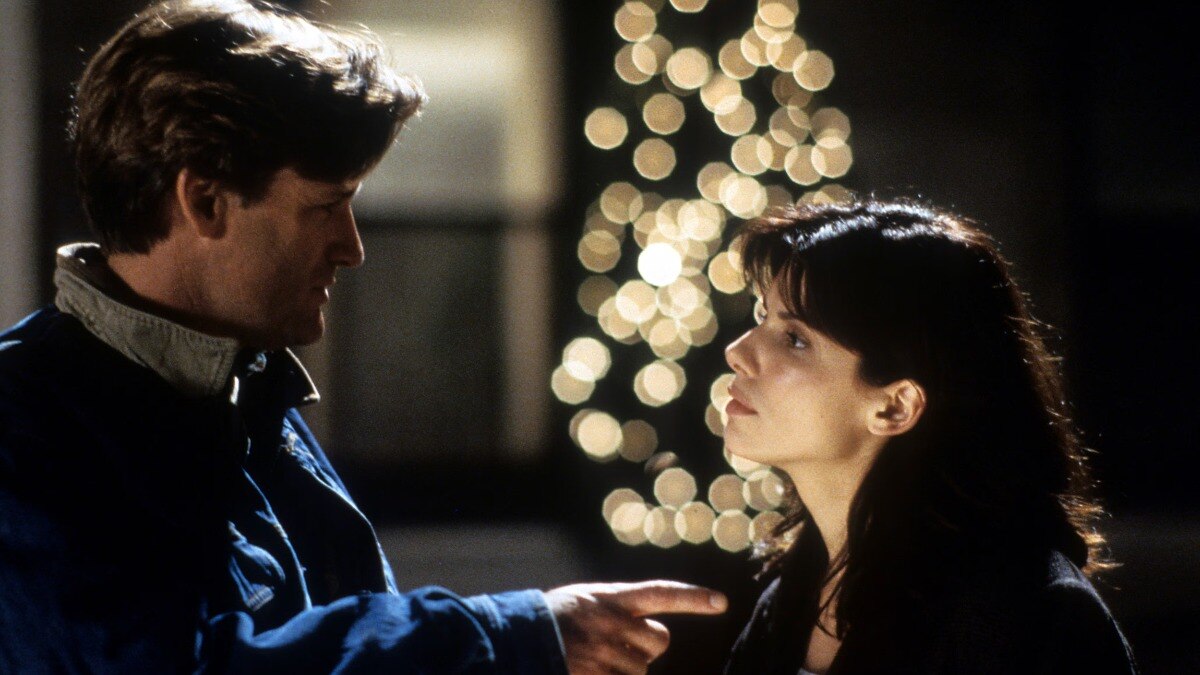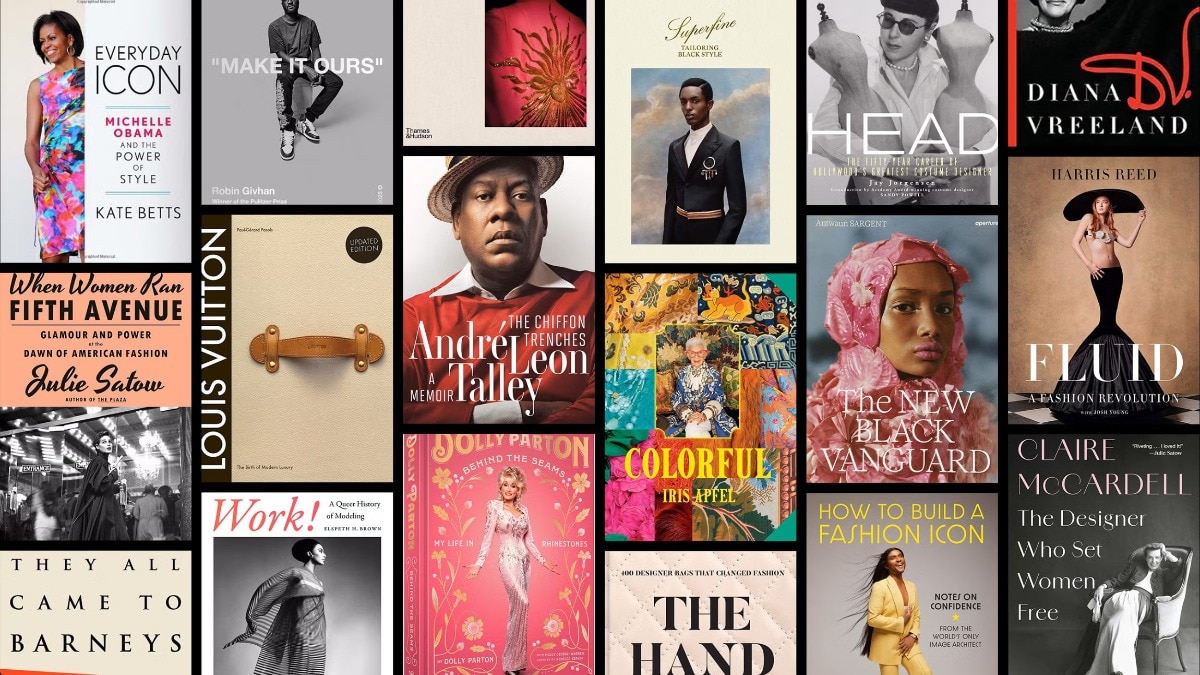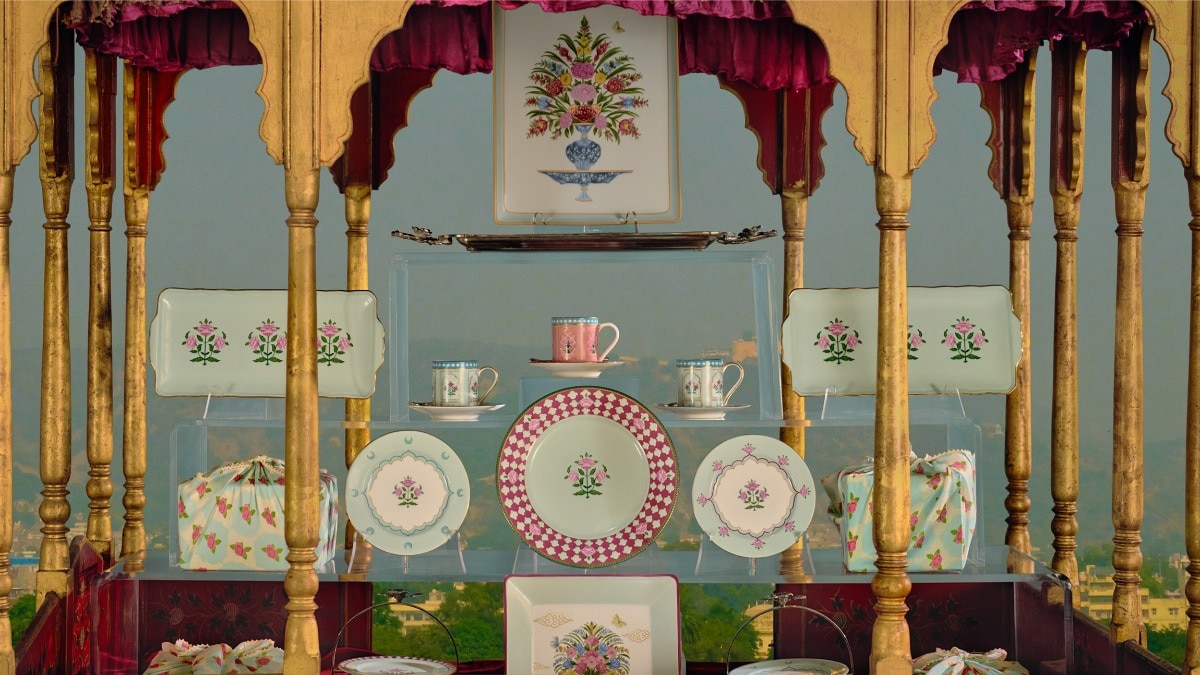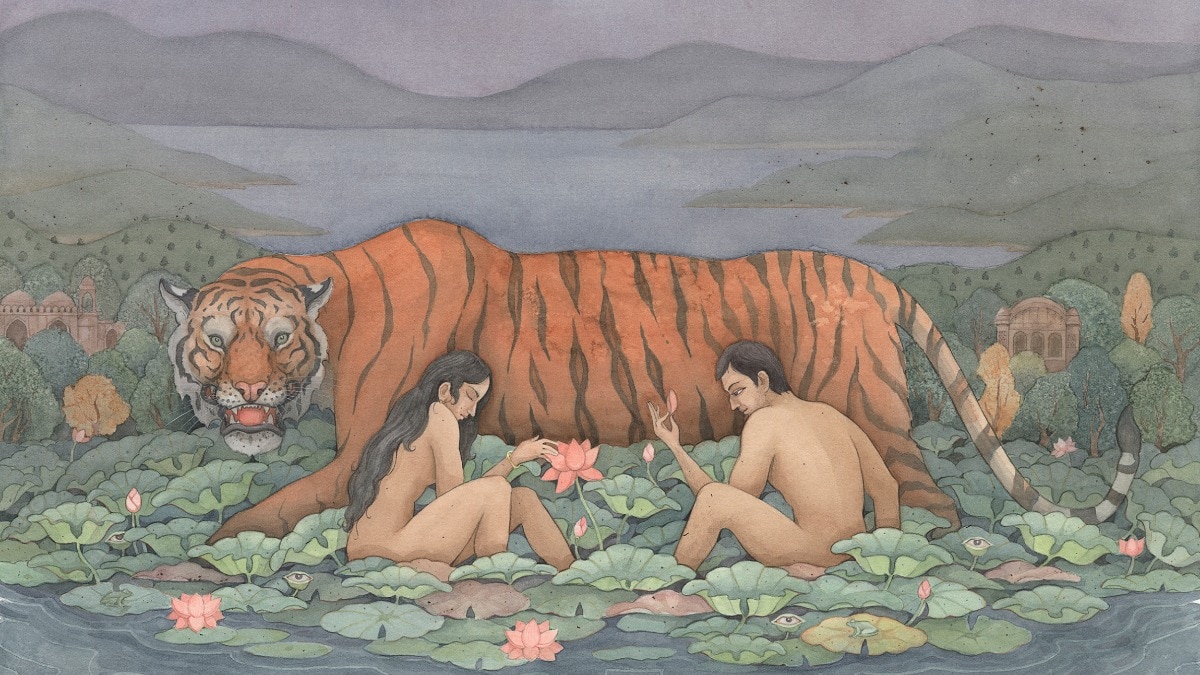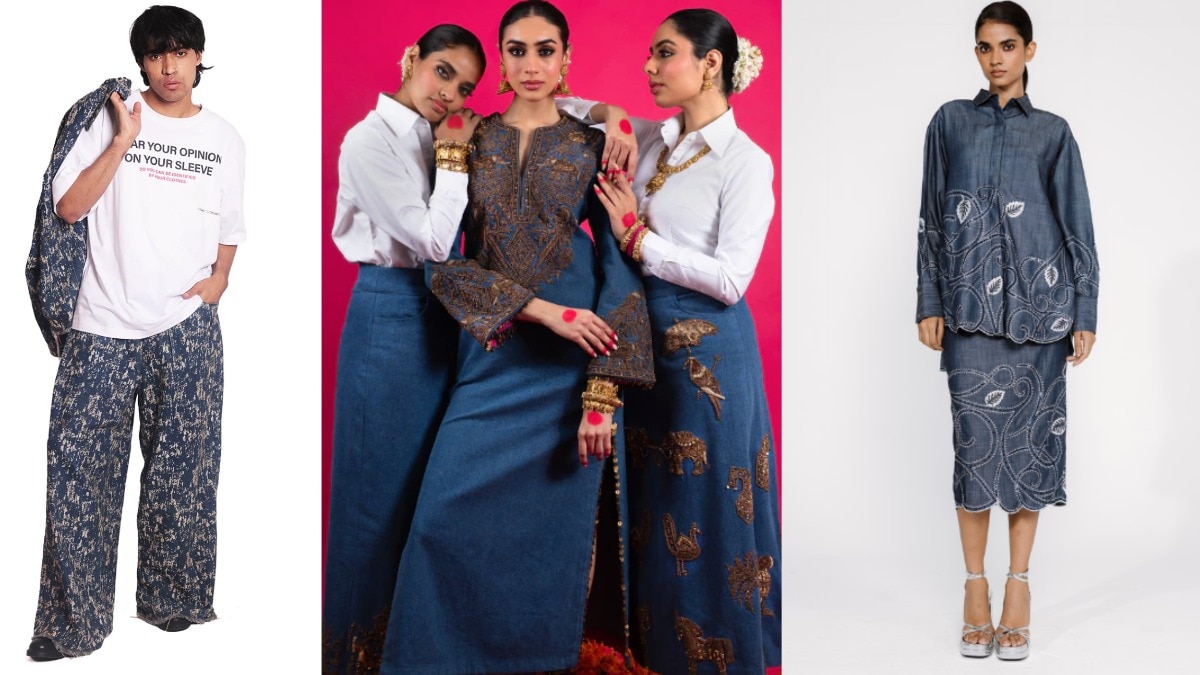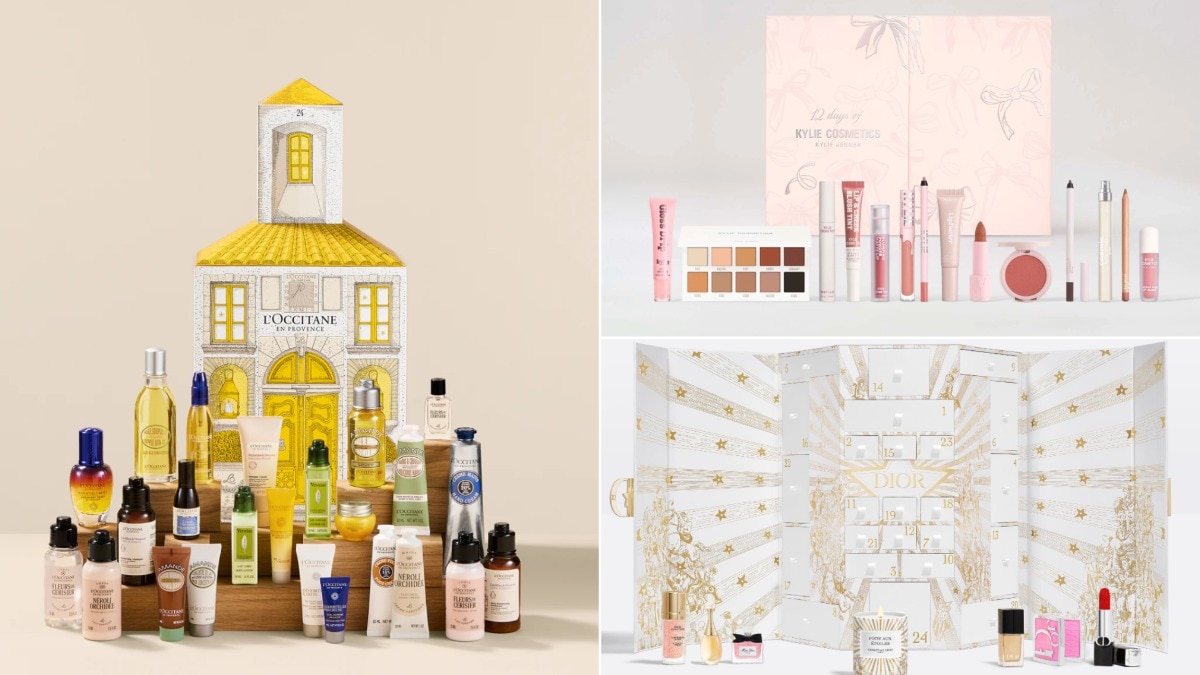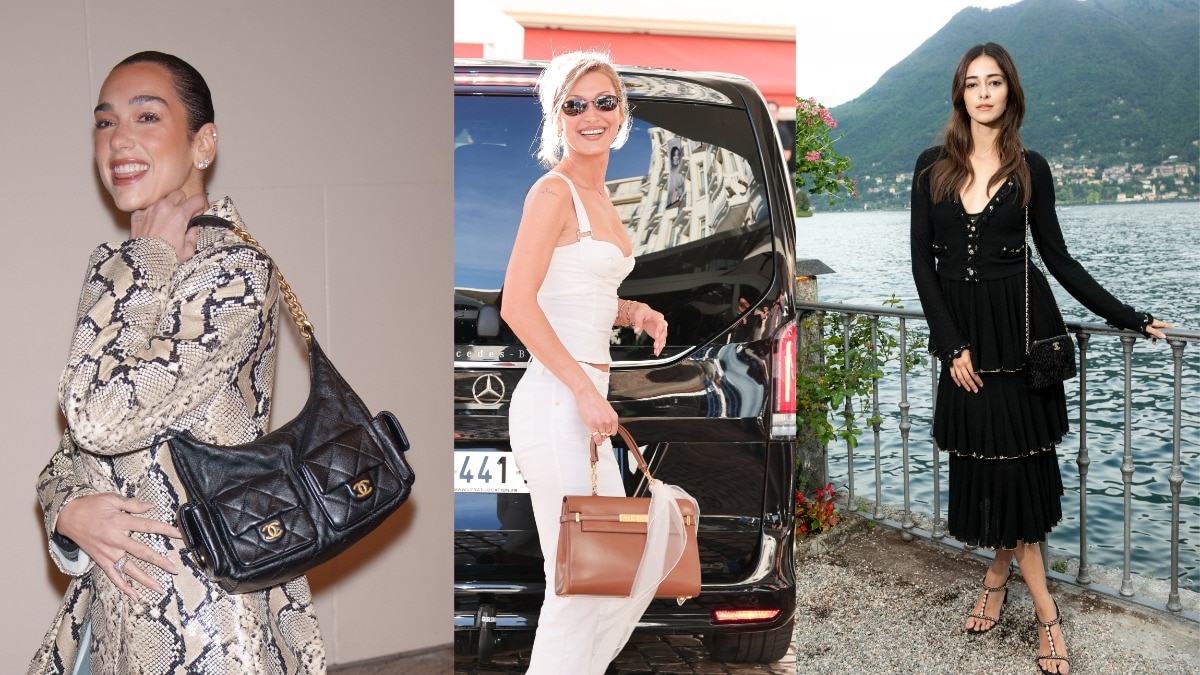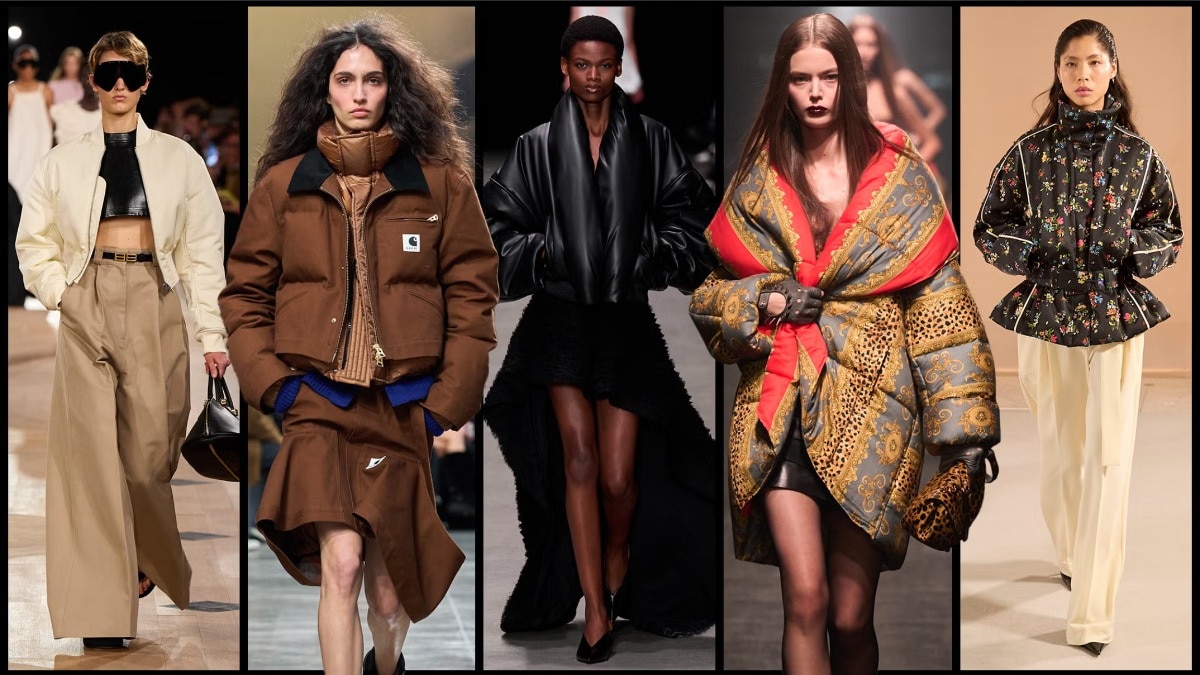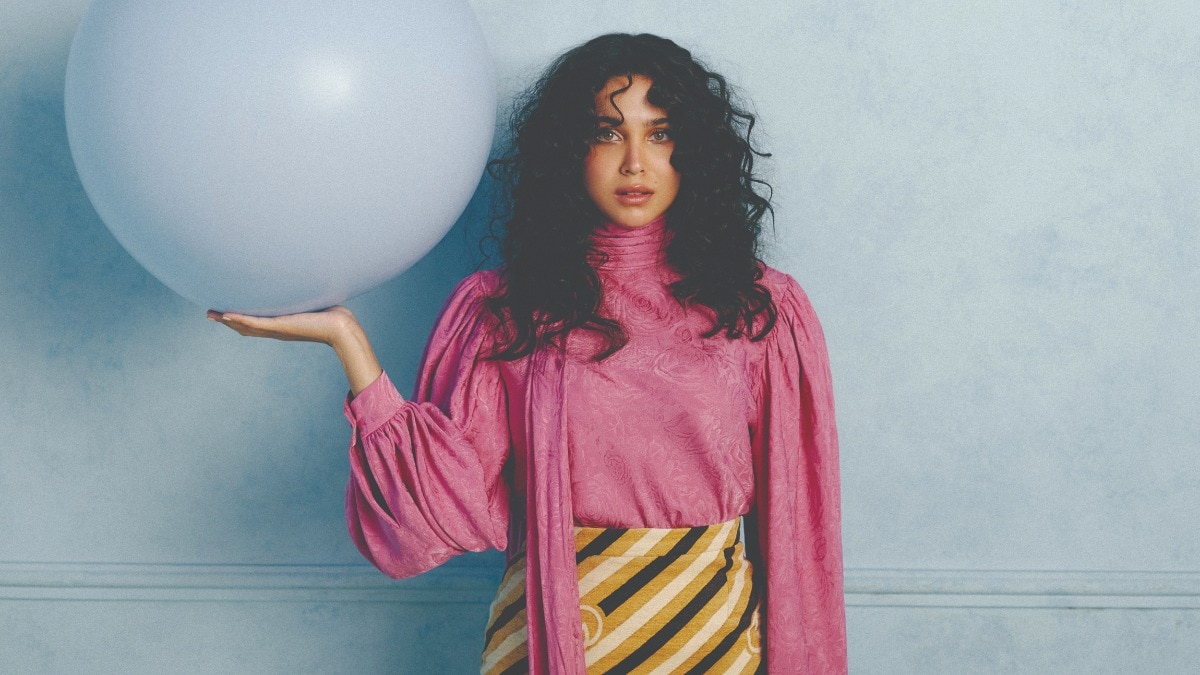Masaba Gupta on owning her skin and nurturing her dreams
The multi-hyphenate fashion designer speaks to Bazaar India on launching her beauty brand that embraces diversity with a full heart, and an open mind.


As a half Indian-half Black woman, the release of Black Panther in 2018 was a big cultural moment for Masaba Gupta. The idea of Black people owning their skin colour became mainstream. She's not holding her breath for that to happen anytime soon in India, but neither is she waiting around for someone else to make the change.
Fashion designer, actor, social media star with 1.6 million followers on Instagram, and feminist (with empathy for men, she adds), Masaba has launched Lovechild, a beauty brand that embraces the idea of diversity in beauty with a full heart and an open mind. As Masaba says: "The typical, conventional idea of beauty will still get the best seats at the table, but people have started to pull up chairs for those who look different." It is something she is familiar with. Imagine growing up in Juhu, in Mumbai, surrounded by mostly Gujaratis in school, who spoke just like her. And yet there she was with her dark skin and a her big Afro looking quite distinct.
It took a long time for Masaba to overcome that but at 33, when she looks back, she knows the only way was to get through it. And not only did she get through it, she has knocked on enough doors with adequate aggression to get them to open up. Not merely for herself but for others who look different, who don't conform to the beauty ideal. "If you look around now," she says, with some amount of satisfaction, "the big girl and the brown girl are much more accepted than the skinny girl or the fair girl."
Lovechild is Masaba's way of owning the circumstances of her birth. "The brand is very personal to me," says Masaba, "because, for the longest time, despite my work, being a so-called star child was my sole identity." But the child of cricketer Vivian Richards and actor Neena Gupta has decided to own the descriptor. "It's not coming from an angry place. I've decided to let it be a legitimate attachment. In future, we will use Lovechild to talk to a younger audience. The beauty brand is the beginning," she says. Its pricing is competitive and its imagery is diverse (celebrating a girl from Nagaland with as much fervour as the late actor Shashi Kapoor's grandson, Zahan).
And it has her aesthetic. No wilting wallflower for her, or any fly on wall. Her brand is meant to stand out, and not lurk in dark corners. In practical terms, it means satisfying the Indian woman's search for the perfect nude lipstick; doing a face mist which gives her an active, fresh look without doing a full face of make-up, and using bright colours that pop out. "It's for women on the go, for women to feel extremely good about themselves, Sure, you look after your husband, your in-laws and children, but there has to be time for self-care," she says.
She's also excited about her wellness brand and particularly the intimate wipes in the female hygiene category. "Even going to a gynaecologist is a nightmare for so many women,'' she says. something she refers to in season two of her Netflix show, Masaba Masaba. "I know so many friends who've gone to the gynaecologist for UTIs and feel they've been shamed. We have to open up that conversation," she says, just as she has brought forth the idea of freezing one's eggs through its depiction in Masaba Masaba 2.
She wants to educate women about taking care of their intimate areas, in more ways than one, as is evident from her naughty reference to PQ in season 2 (PQ means pussy quiver, a woman's reaction to an attractive man). Add to that Lovechild's anti-anxiety oil. "I feel like mental health has become a big conversation in the last few years. Whenever I am nervous or anxious, I just roll the calming scent on to my wrists,'' she says, adding "we're constantly in fight or flight mode. never calm or relaxed".
Enormously inspired by actor Gwyneth Paltrow's Goop, she wants to eventually do sexual wellness products. For now, she is satisfied that people have discovered there is more to looking good than mere makeup. "When I'm stressed I look my worst. Our problems are always a balance of internal and external factors," she notes. Everyone wants a connection but no one wants to work for it. She knows so many accomplished men and women fearful of taking the plunge, of not being able to find anyone to spend even an hour with. We've become like silos, she feels, on guard all the time. "We have to shed our skin to let love in," she says, which is what happened with her in the last two years. She has found love in unexpected places, in her mother's friends, in her partner. "Love is not constant, companionship will last when all the sizzling chemistry fizzles out. When you're a slightly public figure you want to be a power couple and you think you'll marry someone who is an equal. But what if the equal is a big jackass? You're anyway living a life with masks and guards in public. At least your private life should be very much what you want it to be."
She is happy to have multiple icons today. "I can be inspired by badminton ace PV Sindhu and also actor Jahnvi Kapoor and a drag artist," she says. She has become a recognised face not just a recognised name. But she feels a lot more owning up has to happen and people in positions of power have to drive that transformation. Otherwise, she says, "the young women of today will grow up with warped notions of beauty which is troubling for the next generation". She speaks from a place of compassion and knowing. As a teenager, she was underconfident and full of self-doubt. Even now she is a work in progress, trying her best to understand herself.
Her advice matters. "Be careful who you choose as icons,'' she says, and of what energy you put out there. It may take another decade for mindsets to change, but till then, small voices will make a big noise. With a little help from just the right lipstick, the perfect face mist, and bold nail enamel which empowers you to be what you want to be.

